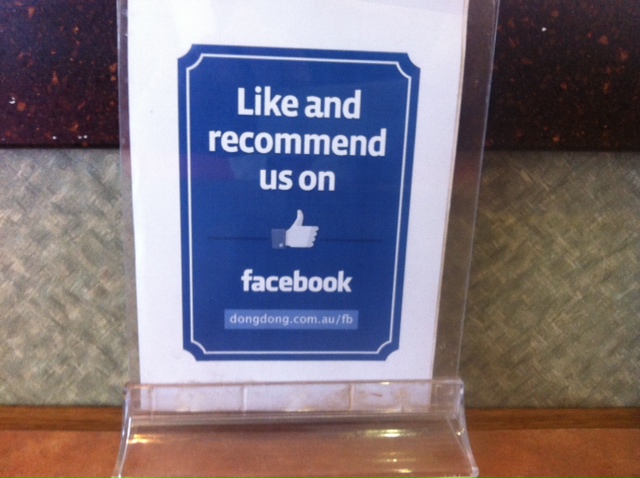The advertising industry is in trouble, as consumers’ eyeballs move from broadcast mediums to online services, the wildly successful Twentieth Century business model that drove the radio and television industries is dying.
One of the biggest hopes for advertisers, and publishers, was social media would be the salvation of their mass market model. Facebook continues to prove it isn’t the messiah with the Wall Street Journal reporting video viewing figures have been inflated for the past two years.
Coupled with the recently announced shift away from publishers Facebook is increasingly showing any hopes of replicating the broadcast media model on social platforms is doomed.
So it isn’t surprising advertisers are angry at Facebook for mis-stating its figures although a cynic would suggest those inflated statistics helped drive its video service over competitors like YouTube at a critical time.
Whether Facebook’s actions were deliberate or otherwise, the service’s misleading behaviour only underscores how publishers and advertisers are struggling to find ways to translate their business model to an online world.



